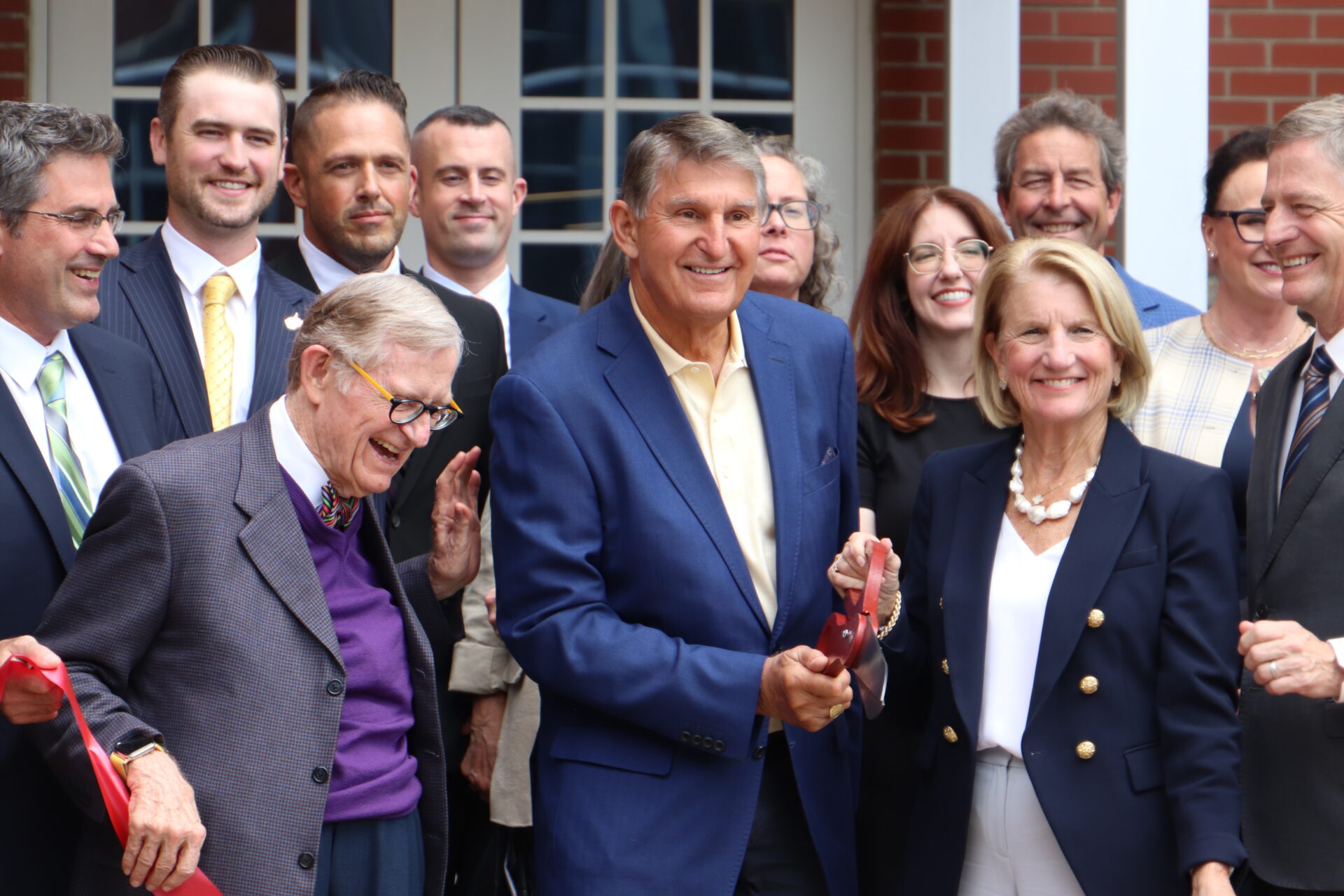Steve Logan of Charleston got a devastating message last fall. His youngest child, 34-year-old Aaron Logan, had been imprisoned while on a business trip to Venezuela.
That nightmare came to a head several days ago when an envoy, sent by President Donald Trump, secured plans for the country to accept migrants who’d come from Venezuela illegally – and arranged for the immediate release of six Americans, including Aaron Logan.
Reporter Maria Young spoke with his father about Aaron’s captivity and the efforts to bring him home.
The transcript below has been lightly edited for clarity.
Young: First of all, thank you so much for talking with me, and being willing to share your story and your family’s story. I would imagine it’s been pretty nerve wracking.
Logan: Oh, well, not knowing what the circumstances were was horrendous, not knowing his welfare or where he was even, even being held captive, it was terrible.
Young: Can you tell me a little bit about the circumstances surrounding him being detained?
Logan: Well, those are still some unanswered questions. He was a network security expert, an engineer for a major bank in the United States. He didn’t want to talk about the torture, but he was tortured. He said that they punched him in the face. They had bashed in his ribs.
Aaron said that there was mental torture, and he said he had no knowledge whatsoever that any one of us in the family or any of his friends or anyone knew about his captivity. And he said he sort of had to prepare his mental outlook to be like, “Oh, I may never get out.”
But he was captured, I guess at the beginning of September 2024 it was a few days after that that I got a text from my older son, who was in Maryland, his name’s Miles, that he said that Aaron is a hostage now in Venezuela, and he sent me a news clipping that that showed a picture of him and passport. So that was pretty disturbing.
I made contact, or I tried to make contact, with both of our senators in West Virginia, and I was very surprised that one of them didn’t answer, and one of them did, and took it very seriously. And she contacted the embassy, the State Department embassy in Bogota, Columbia. They called me back and they told me that they do have contacts in Venezuela, but they don’t have diplomatic relations, so it was very, very difficult.
They didn’t know where he was located, or they didn’t know anything about welfare, but they assured me that they had now taken my concerns about my son all the way to both houses of Congress, United States Congress, and to the White House.
Apparently that same information must have been there, was obviously there, when Trump became president. And, you know, I don’t agree with all of his policies, but I have to give him a whole lot of credit for having sent his contact over there to Venezuela to talk to (Venezuelan President Nicolas) Maduro. And he said, “Release him.” He said, “Without condition.” So he was released, along with the five others.
Young: When you hear about someone, anyone, who’s been detained by a country with whom the United States does not have diplomatic relations, you know, this could have gone on for years, right? I mean, as a parent, what’s that like?
Logan: Oh, it’s horrible. And then when he did land at Andrews Air Force Base, it was fortunate that my oldest son Miles, my daughter-in-law, Sarah, live in Maryland, too. He didn’t have a credit card, he didn’t have a cell phone. They took everything away from him, and he was just dressed in prison garb.
Young: So when they reach this country, they were just released with no money or no cell phone?
Logan: They didn’t have anything. My oldest son and daughter-in-law paid the Uber driver to get him to their house. They bought him some street clothes and some professional clothes.
Young: And he was employed at what bank?
Logan: Well, that, I don’t think we want to announce. It’s still sensitive, because he got terminated seven days after his arrest in Venezuela. We just found that out.
Young: He was terminated?
Logan: Well, he didn’t show up for work, and so I guess we don’t know if he could get that back or, or if he’ll have to find new employment.
